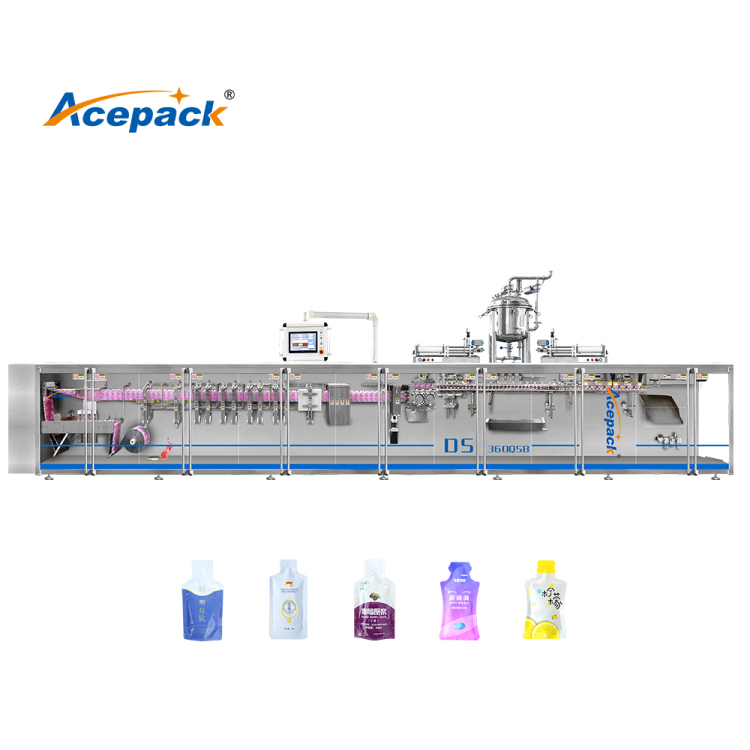
Intelligence: The Brain Behind the Machine
At the heart of this transformation lies the integration of advanced technologies such as artificial intelligence (AI), machine learning, and the Internet of Things (IoT). Intelligent packaging machines are equipped with sensors that monitor every aspect of the packaging process, from material feed to final product output. These machines can analyze data in real-time, optimizing performance, predicting maintenance needs, and minimizing downtime. AI algorithms enable them to learn from past experiences, continuously improving their efficiency and accuracy.
Moreover, intelligent packaging machinery can adapt to changing product specifications and packaging requirements, ensuring flexibility in a dynamic market. By integrating with enterprise resource planning (ERP) systems, they streamline supply chain management, reducing waste and enhancing overall operational efficiency.
Greenness: Embracing Sustainability
Sustainability is no longer an option but a necessity for packaging machinery manufacturers. The industry is rapidly shifting towards eco-friendly solutions that minimize environmental impact. This includes the development of machines that use less energy, reduce waste generation, and promote the use of recyclable or biodegradable materials.
Innovations like in-line recycling systems, which collect and reuse scrap materials, are becoming increasingly common. Additionally, packaging machinery is being designed to minimize the use of adhesives and other non-recyclable components. The adoption of lightweight materials and optimized packaging designs further reduces the carbon footprint of the entire supply chain.
Customization: Meeting the Needs of the Individual
In today's consumer-driven market, customization is key. Customers demand personalized products that reflect their unique tastes and preferences. Packaging machinery is evolving to meet this demand, offering flexible production lines that can quickly switch between different packaging formats, sizes, and designs.
Digital printing technologies, in particular, have revolutionized the customization process. They enable on-demand printing of packaging materials, allowing for short runs and even personalized messaging on each package. This not only enhances the consumer experience but also reduces inventory costs and waste associated with traditional printing methods.
Conclusion
The future of packaging machinery is bright, with intelligence, sustainability, and customization driving the industry forward. By harnessing the power of advanced technologies, manufacturers can create machines that are not only highly efficient but also environmentally responsible and capable of meeting the diverse needs of modern consumers. As these trends continue to converge, the packaging industry stands poised to usher in a new era of innovation and excellence.




